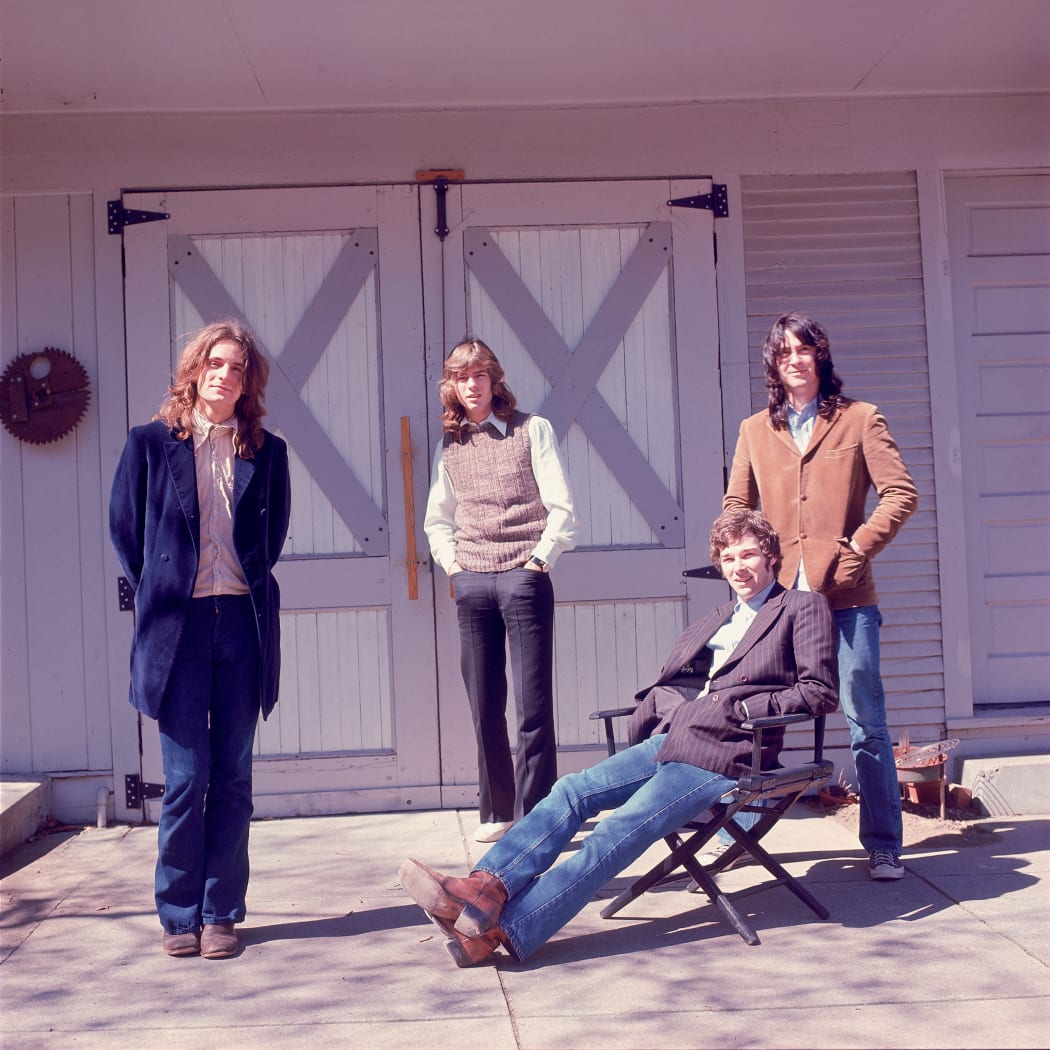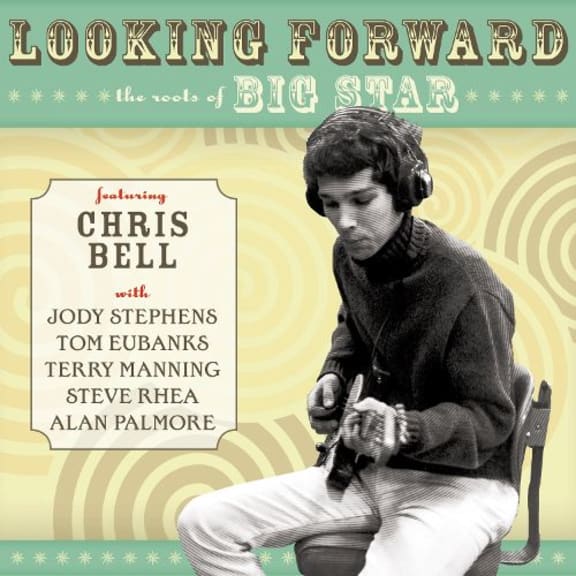Nick Bollinger reviews a set that explores the roots of Memphis pop legends Big Star.

Big Star Photo: supplied
You could see the legend of Big Star as being one of rock criticism’s great achievements. Now mentioned in all the authoritative texts as one of the essential bands of the 70s, the Memphis-based group were, in their day, almost unknown. By the time anyone other than a handful of rock scribes had come to recognise their brilliance, they were long gone. And yet spurred mostly by the enthusiasm of in-the-know critics, their legend has continued to grow, and these days seems to support a small industry, of which this is the latest yield.
As the title suggests, this collection brings together recordings by some of the bands that members of Big Star played with, in the three or four years leading up to Big Star’s debut: obscure names like Rock City, Icewater and The Wallabys.
If much of Looking Forward: The Roots Of Big Star could be some late 60s, heavily Beatles-influenced British pop band, it is likely that was precisely the illusion its creators intended.

Looking Forward: The roots of Big Star Photo: supplied
One of the things that was unusual about Big Star, and these forerunners, was that this music was coming out of Memphis, a city with a great musical lineage but one centred on American soul, blues and rockabilly, not Anglophile pop. And that may have contributed to the fact that, in their day, Big Star proved a hard act to market, in spite of containing one already-proven pop star. Co-fronting the group with Chris Bell was Alex Chilton, a singularly talented individual whose death in 2010 left a sizeable and remarkably varied catalogue of work, of which Big Star makes up only a fraction.
But at the time of Big Star Chilton was in his early twenties and had already seen considerable fame as the teenage singer of another Memphis group, The Box Tops, who had had a string of international chart hits in a pop-soul vein (of which ‘The Letter’ remains a classic hits evergreen.)
Bell, on the other hand, was an unknown but had been honing his craft since the day he left school, as an informal apprentice at Memphis’s recently opened Ardent Studio. Which is where, in those pre-Big Star days, he cut many of these tracks.
While ‘Psychedelic Stuff’ and the title track are more like studio jams, other tracks are well-constructed period pop songs, and had they come out at the time and with the right promotion, they might have been successful.
Much of the Big Star legend revolves around Chilton and that’s not surprising; his talent was immense and, with some apparent reluctance, he continued to carry the group’s mantle for the rest of his career.
But the truth is that Big Star started out as Chris Bell’s band; Chilton simply joined it, before more or less taking it over. And where Big Star’s Anglophile jangle remains something of an anomaly in Chilton’s catalogue, it was the sound that Bell seemed to hear in his head right from the start.
Chilton barely features on Looking Forward. (He’s credited only with ‘possible’ guitar on an early instrumental track of ‘O My Soul’, which would later appear in a wildly different form on the second Big Star record.) And in many ways the album reclaims Chris Bell’s place as the real founder and creator of the Big Star sound.
Sadly, Bell appears to have been a tortured soul. By most accounts he was gay – which would not have been easy at the time in Bible belt U.S.A. – on top of which he had a conflicted yet apparently strong relationship with Christianity. That comes to the fore on I Am The Cosmos, the album he would complete just before his death in car accident, just age 27, in 1978, though you might already find hints of it in ‘The Preacher’, a song he co-wrote with Tom Eubanks.
Looking Forward: The Roots Of Big Star is certainly a niche record: the related ephemera of a band that, for many people, were pretty ephemeral anyway. Though Big Star were already ten years gone before I ever became aware of them, I’m happy to accept their revised place in rock mythology. The records absolutely live up to the myth. As for this collection, varied and uneven as it is, it helps explain how those records came about.

